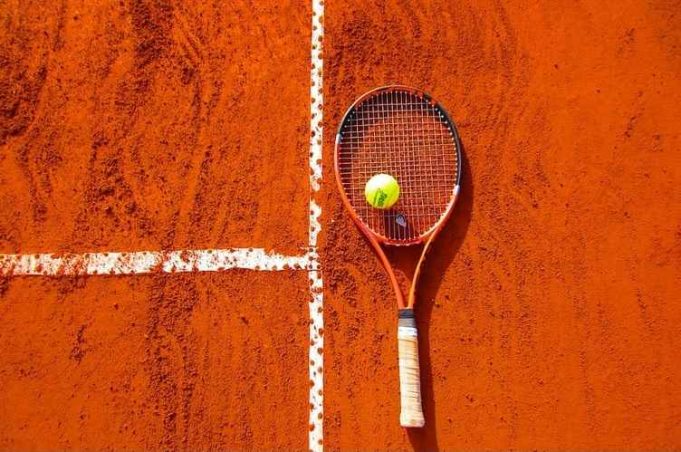The Art of Tennis Psychology: Mastering the Mental Game. This article explores a frequently overlooked but essential element of tennis: the psychological aspect of the sport. In investigating these ideas, those who are keen to see how these mental approaches are applied in real-life competitive situations might find it useful to check the tennis bet site 1xbet. Here, one can gain an understanding of how psychological elements impact the results of live matches.
Understanding Tennis Psychology
Tennis requires not only physical strength but also a robust mental fortitude. Players must maintain concentration, manage pressure, and make rapid decisions throughout a match.
They need to pay attention for a long time, stay calm when stressed, and keep their spirits up through the highs and lows of a match. Tennis athletes often encounter obstacles such as managing high anticipations, experiencing solitude (particularly in individual games), and confronting apprehensions like the dread of defeat or anxiety about their performance.
Grasping and improving the psychological aspects of tennis is crucial for enhancing performance. If players work on their mental skills like staying focused, controlling their emotions, and thinking positively, they can improve a lot in tennis.
Also Read: Top 5 Richest Tennis Players At The End Of 2023
Key Psychological Skills for Tennis Players
In tennis, mental resilience is equally vital as physical fitness. Players need to be able to focus well. This entails focusing on every aspect and each match, ensuring no distractions occur. Being confident is also key. Players with self-confidence excel in making wise choices and recovering swiftly from challenging situations.
Focus and Concentration
Concentration is super important for tennis players. Tennis matches can be long and happen in different conditions, so staying focused is a must. This means players should pay attention to what’s happening right now and not get distracted by things like the crowd, the weather, or how famous the opponent is.
Concentration in tennis means using your brain to think about strategies, make decisions, and hit the ball well. It’s not just about watching the ball and where your opponent is, but also about thinking ahead and planning your next moves. Players can get better at focus and concentration by doing things like mindfulness, sticking to routines, and practicing visualization, where they imagine themselves playing well in their minds.
These tricks help players get into a special state called ‘the zone’. In this state, they react almost automatically and are super aware of everything happening in the game. Being great at focusing and concentrating helps players perform their best, especially when there’s a lot of pressure in competitive tennis.
Confidence and Self-Belief
Having confidence and believing in yourself is super important for tennis players, and it can improve their game. It’s not only about how skilled or fit you are; it’s also about being sure of what you can do. Confident players approach games with a positive mindset. They see tough moments as opportunities to shine, not just problems to solve.
These players have faith in their training and their ability to play, which helps them make quick decisions and hit the ball better. However, confidence can change; it can go up or down based on your performance, what others say, and how you see yourself. So, to maintain confidence, players need to work on their mindset all the time.
The Role of Motivation and Goal Setting
In the world of tennis psychology, motivation and setting goals play a vital role in helping players improve and perform better. There are two types of motivation to understand:
- Intrinsic motivation: This comes from within, like a player’s passion for the game and their desire to get better. It keeps them engaged and satisfied with tennis for the long term.
- Extrinsic motivation: This comes from external rewards, such as trophies or rankings. While it can provide quick motivation, it often doesn’t last long.
Establishing objectives plays a crucial role in maintaining motivation. These goals should be realistic, measurable, and match the player’s abilities and dreams. They create a clear path for improvement.
Conclusion
Grasping the underlying motivations of a player is crucial, encompassing both internal factors such as passion for the sport, and external elements like the desire to achieve accolades. Establishing attainable objectives provides a clear path to triumph, enhancing the players’ sense of accomplishment and positivity toward their performance.










